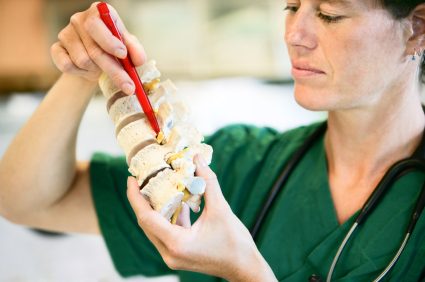Respiratory Health and Spinal Cord Injury
Here's what's in this section:Access peer-reviewed fact sheets and videos created by medical and clinical experts in spinal cord injury care, patient education, and research to aid individuals in managing daily care and maximizing independence. These resources undergo systematic review by medical experts to ensure accuracy and currency with best-practice research. Sources such as the Shirley Ryan AbilityLab’s LIFE Center and the Model Systems Knowledge Translation Center provide fact sheets covering topics specific to SCI, including anatomy and physiology, nerve function, and levels of injury. Gain insights into common terms such as paraplegia, quadriplegia, tetraplegia, complete and incomplete injuries. Discover best-practice techniques in mobility and safe transfers, information on bowel and bladder function, surgical alternatives for bladder management, skin care and pressure sores, respiratory health, autonomic dysreflexia, spasticity, and pain management. Find additional information on maintenance of manual and power wheelchairs, exercise after spinal cord injury, options for adaptive sports and recreation, tips to minimize depression, and adjustment to life after spinal cord injury. Find fact sheets addressing social and emotional wellness encompass topics such as sexuality, dating and relationships, employment and education, peer support, and managing caregiver stress. These resources aim to provide comprehensive support for individuals living with SCI and promote their overall well-being.
|
